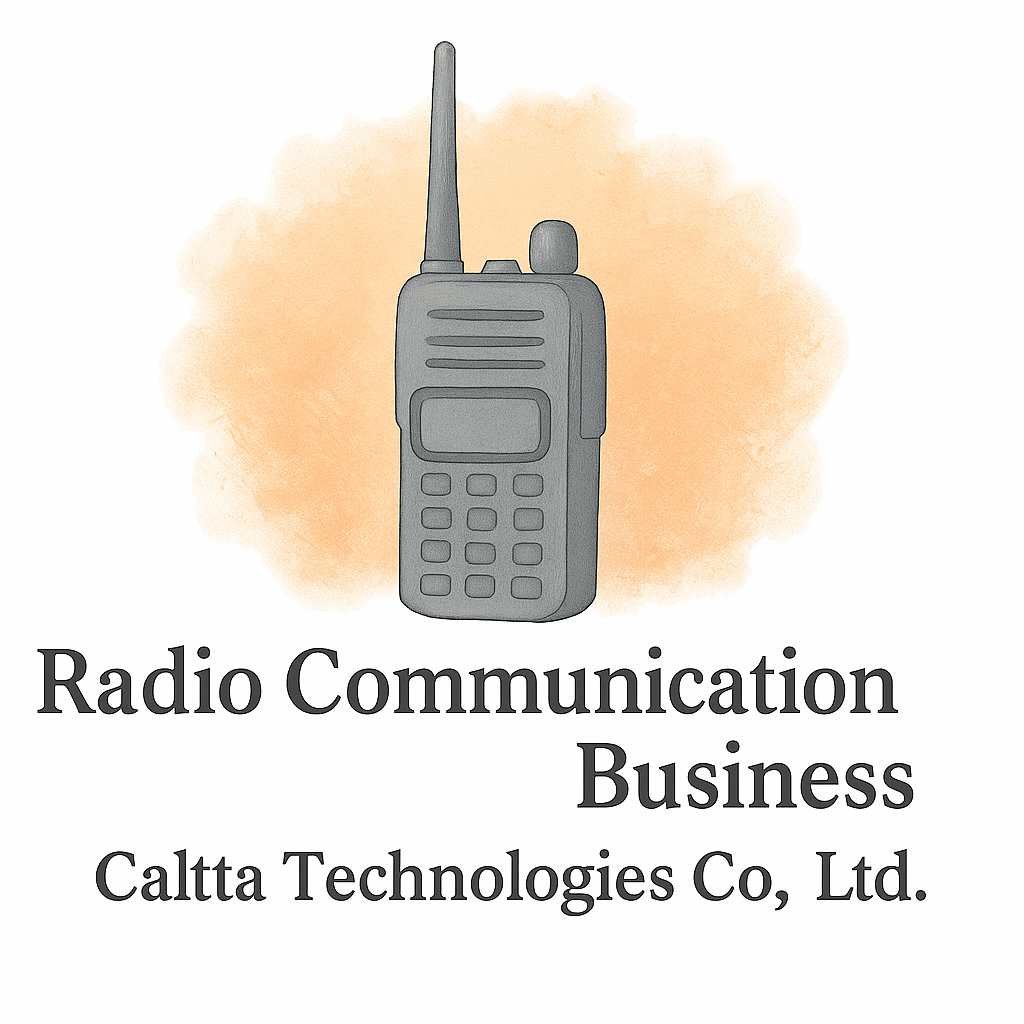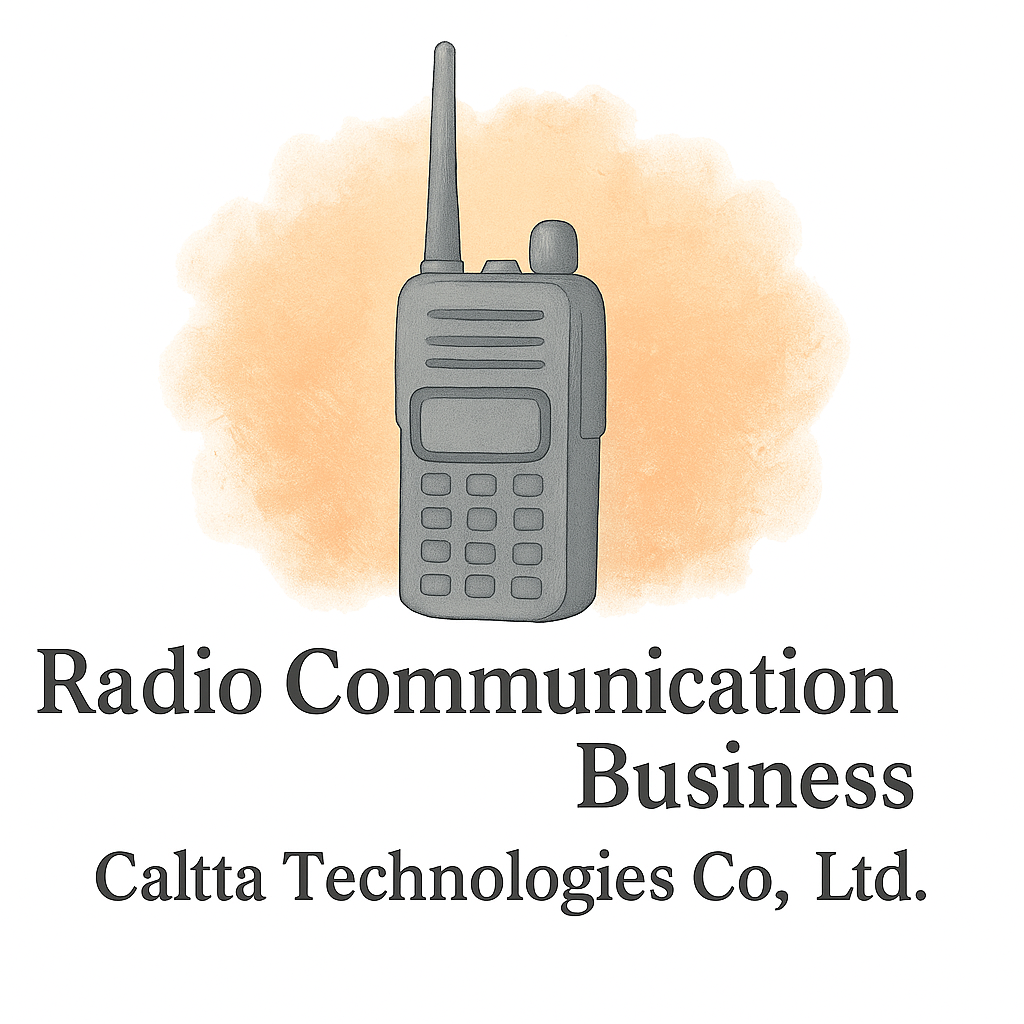Introduction to Radio Communication
When emergencies strike, responders don’t have time to waste. Every second counts, and radio communication becomes the lifeline connecting teams in the field. But here’s the thing: it’s not just about talking—it’s about talking in the right way. That’s why standard radio communication phrases exist.
If you’ve ever wondered what keeps responders, law enforcement, and first aid teams on the same page during chaos, it’s these short, precise phrases. In this article, we’ll break down the 9 radio communication phrases every responder should use, along with why they matter and how you can apply them in real-world situations.
Why Radio Communication Matters for Responders
The Role of Clear Communication in Emergencies
Imagine firefighters battling flames inside a collapsing building or paramedics trying to coordinate during a mass casualty event. If one misunderstood message can cost lives, clarity becomes non-negotiable. Radio communication bridges gaps, ensures directions are understood, and aligns every responder to the same mission.
Avoiding Miscommunication Under Pressure
Stress, noise, and adrenaline make it easy for words to get lost or misheard. That’s where standardized radio phrases come in—they reduce the chance of errors and provide a universal language responders can trust.
For deeper insights into tools that support communication in emergency operations, check out Caltta International’s equipment and technology.
Essential Radio Communication Phrases
1. “Copy That” – Acknowledging the Message
This simple phrase confirms you’ve received and understood the message. It avoids the confusion that comes with just saying “okay” or “yes.”
When and How to Use “Copy That”
Use it when you need to acknowledge an instruction, direction, or piece of information. For instance:
- Command: “Unit 12, move to the north perimeter.”
- Response: “Copy that.”
2. “Stand By” – Requesting a Pause
“Stand by” tells others to wait while you gather information or finish another task.
Why “Stand By” is Crucial in Busy Channels
It prevents overcrowding the airwaves and signals you’re not ignoring the request—you’re simply asking for a moment.
3. “Over” – Indicating You’re Done Speaking
“Over” makes sure the person knows you’ve finished your transmission and are waiting for their reply.
Avoiding Dead Air and Confusion
Without “over,” people might talk over each other or stay silent, unsure if it’s their turn.
4. “Out” – Signaling the End of Conversation
“Out” officially closes the communication loop. Unlike “over,” it means no reply is expected.
Proper Use vs. Common Misuse
A common mistake is saying “over and out.” In radio etiquette, you either expect a response (“over”) or end the exchange (“out”), never both.

5. “Say Again” – Asking for Repetition
Instead of “what?” or “huh?” responders use “say again” to ask for a repeated message.
Handling Noisy or Broken Signals
This phrase keeps the conversation professional while reducing the risk of misunderstanding in high-stress situations.
6. “Wilco” – Will Comply
“Wilco” is short for “will comply,” meaning you’ve received the message and will carry it out.
Why “Wilco” Shows Commitment
It goes beyond acknowledgment—it shows action. Saying “Wilco” tells command they can count on you.
7. “Negative” – Denying a Request
Instead of “no,” responders use “negative.”
Avoiding Misunderstood Responses
A firm “negative” is clearer, especially over static-filled radios, where “no” can sound like “go.”
8. “Affirmative” – Confirming Instructions
Responders say “affirmative” instead of “yes” to avoid confusion.
When to Use “Affirmative” Instead of “Yes”
In chaotic environments, “yes” might be misheard. “Affirmative” eliminates doubt and confirms action.
9. “ETA” – Estimated Time of Arrival
Time matters in response work, and “ETA” keeps everyone updated.
Keeping Everyone in Sync
Whether it’s ambulances, backup teams, or equipment delivery, reporting your ETA helps others plan and coordinate effectively.
Best Practices for Radio Communication
Keep It Short and Simple
Long explanations slow things down. Stick to short, clear messages that everyone can process instantly.
Stick to Standardized Phrases
Consistency ensures that whether you’re in Atlanta or Tokyo, responders know what you mean.
Avoid Slang and Jargon
Slang might sound cool, but it doesn’t belong on the radio. Stick to the basics.
Prioritize Clarity Over Speed
It’s better to pause and speak clearly than rush through words that no one understands.
Common Mistakes Responders Make on the Radio
Talking Too Fast
Adrenaline can make you rush. Slow down and enunciate.
Forgetting Call Signs
Always identify yourself so the receiver knows who’s talking.
Using Non-Standard Language
Using casual words like “yeah” or “uh-huh” causes miscommunication. Stick to professional phrases.
For more on avoiding costly mistakes in business or communication, see Caltta’s tag on mistakes.
The Future of Radio Communication
Integration with Digital Tools
Modern responders are combining radios with apps and GPS tracking for more efficient coordination. Learn more under industry insights.
Training for Next-Gen Responders
Ongoing training ensures responders know not only the words but also the etiquette behind them.
Conclusion
Clear, standardized radio communication saves time, prevents confusion, and can even save lives. The 9 radio communication phrases every responder should use—from “Copy That” to “ETA”—aren’t just words. They’re tools of survival. By sticking to these, responders ensure that even in the loudest, most chaotic emergencies, their voices cut through with clarity and purpose.
For resources on communication, technology, and organizational growth, explore Caltta International.
FAQs
1. Why do responders say “negative” instead of “no”?
Because “no” can be misheard as “go” over static, “negative” is clearer.
2. Is it wrong to say “over and out”?
Yes. “Over” means you expect a reply, and “out” means the conversation is done. You never use both together.
3. What’s the difference between “copy that” and “Wilco”?
“Copy that” means you heard the message. “Wilco” means you heard it and will act on it.
4. Do civilians need to learn these radio phrases?
If you use radios for events, security, or even outdoor adventures, knowing them can be very useful.
5. Why is “affirmative” used instead of “yes”?
Because “yes” might be misheard in noisy conditions, while “affirmative” is clear and unmistakable.
6. How often should responders train on radio communication?
Regularly—at least once a year. Practice keeps phrases fresh and instinctive.
7. Can radio communication be replaced by smartphones?
Not entirely. Radios remain reliable when networks fail, making them essential for responders.


